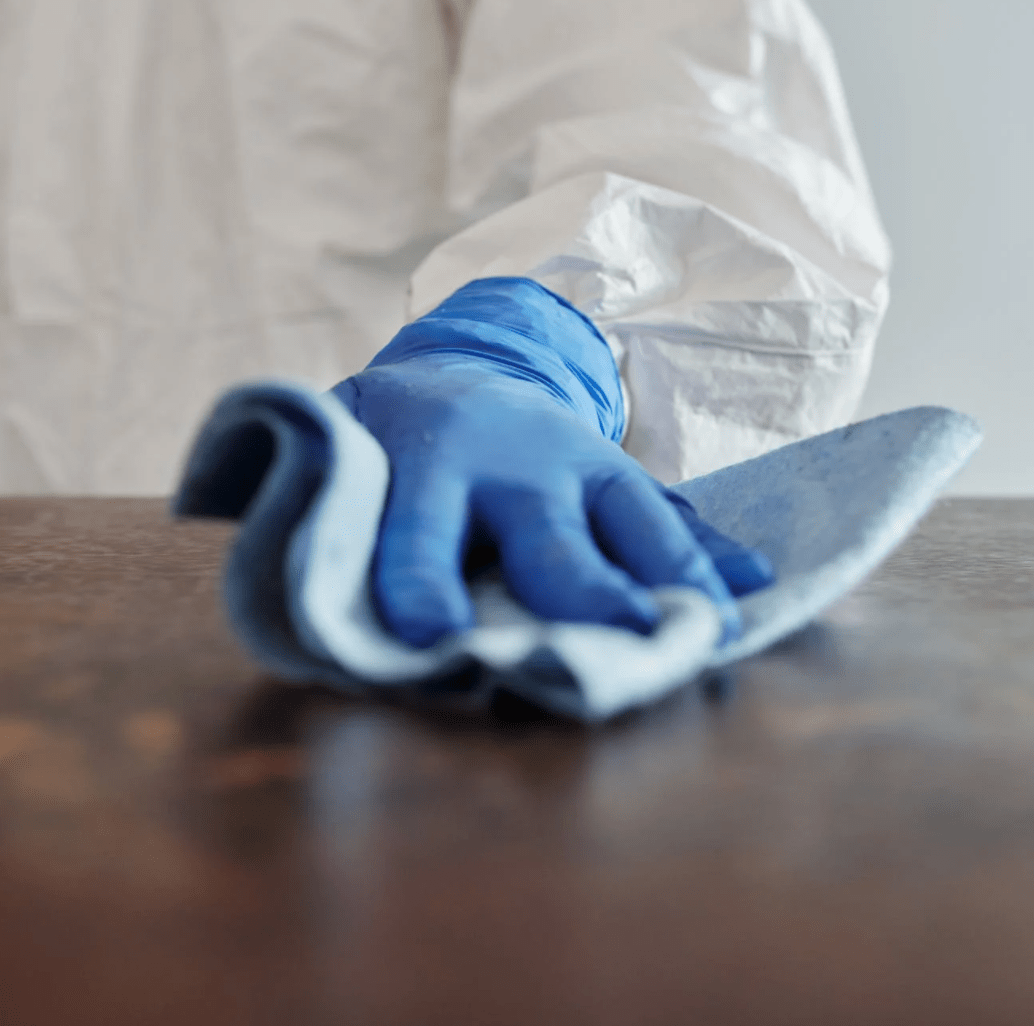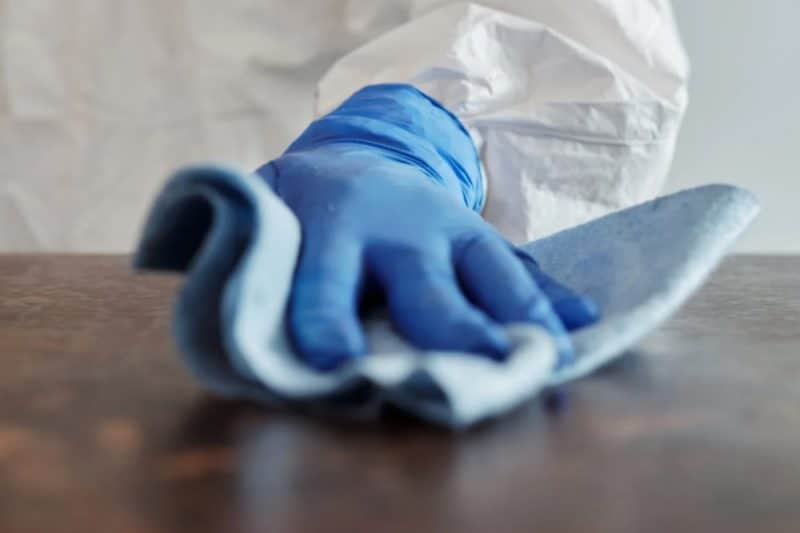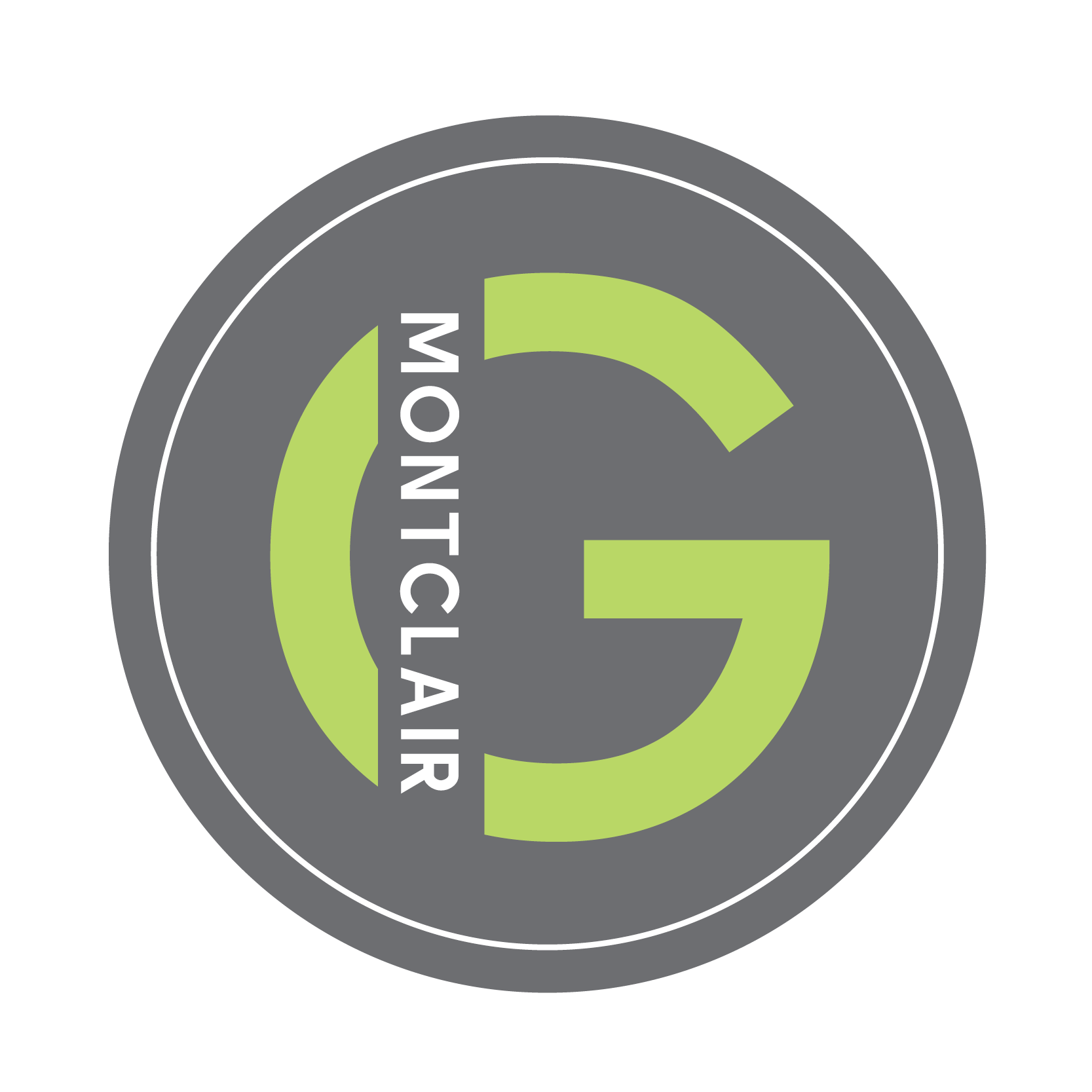With Tropical Storm Ida leaving remnants of flooding and extensive water damage in her midst, among the leftovers is mold – a dangerous fungus that can cause sickness in homes if not taken care of swiftly. Mold itself can be black, white, orange, green, or purple – so it’s important to be able to identify it and have it taken care of.

Mold can make you sick, especially if you have allergies or asthma. Whether or not you’re allergic to molds, mold exposure can irritate your eyes, skin, nose, throat, and lungs, according to WebMD. In addition to people with allergies and asthma, others who can be more receptive to the effects of mold include children, the elderly, those with weakened immune systems, and those with chronic lung disease.
Read More: Flooding Safety Tips: What to Do if Your Home Floods in Montclair + Beyond
The fungus can grow on walls, floors, appliances, carpets, or furniture. To grow and expand, mold needs to be on a damp surface/environment, which is why it’s typically found in bathrooms, kitchens, laundry rooms, etc. After a major statewide flood like Tropical Storm Ida, mold is given the means to thrive and must be dealt with accordingly.
WedMD created a list of ways to combat mold in your house if you’re taking care of it yourself:
- – Use dehumidifiers and air conditioners, especially in hot, humid climates, to reduce moisture in the air.
- – Keep indoor humidity below 60% if possible. You can measure relative humidity with a hygrometer, an inexpensive instrument available at many hardware stores.
- – Keep air conditioning drip pans clean. Make sure drain lines are free of obstructions and flow properly.
- – Keep the house warm in cool weather. As the temperature goes down, the air is less able to hold moisture and it condenses on cold surfaces, which can encourage mold growth.
- – Add insulation to cold surfaces, such as exterior walls, floors, and windows to reduce condensation.
- – Dry wet areas within 24 to 48 hours to prevent mold growth.
- – Fix leaks and seepage. The ground should slope away from your house. If water is entering the house from the outside, your options range from simple landscaping to extensive excavation and waterproofing.
- – Have a heating and cooling contractor check your heating and cooling system to make sure it’s sized and operating properly to remove humidity. If your system is too big or the airflow is incorrect, your air conditioner will not remove humidity as it should. Also, ask the contractor to check your duct system for air leaks, and proper size and airflow to each room.
- – Open doors between rooms to increase circulation, which carries heat to cold surfaces. Increase air circulation by using fans and by moving furniture from wall corners.
These Local Businesses Offer Mold Removal Services in Essex County
5 Star Restoration Services, LLC | Online
Phone: (862) 236-8691
A. Molly Company Environmental & Restoration Services, LLC | 174 Passaic Avenue, Fairfield
Phone: (862) 702-3311
Ace Mold Remediation Newark | 377 Lafayette Street, Newark
Phone: (862) 229-9329
FDP Mold Remediation | Online
Phone: (908) 895-4841
Mold Inspection & Testing | Online
Phone: (201) 528-3998
Mold Removal New Jersey | 392 Armstrong Avenue, Jersey City
Phone: (866) 610-8727
NJ Water Damage Restoration | Online
Phone: (973) 957-7408
NJ Mold Testing & Remediation LLC | Online
Phone: (908) 293-7894
Pure Service Pro | 50 S Center Street, Suite #5, City of Orange
Phone: (973) 810-0100
Reliant Mold Removal Newark | Online
Phone: (973) 718-9338
SERVPRO of Montclair/West Orange | 3 N Willow Street, Montclair
Phone: (973) 669-4825
SERVPRO of Western Essex County | 513 W Mt Pleasant Avenue, Livingston
Phone: (973) 994-1640
The Mold Guys NJ, LLC | Online
Phone: (973) 789-1245











